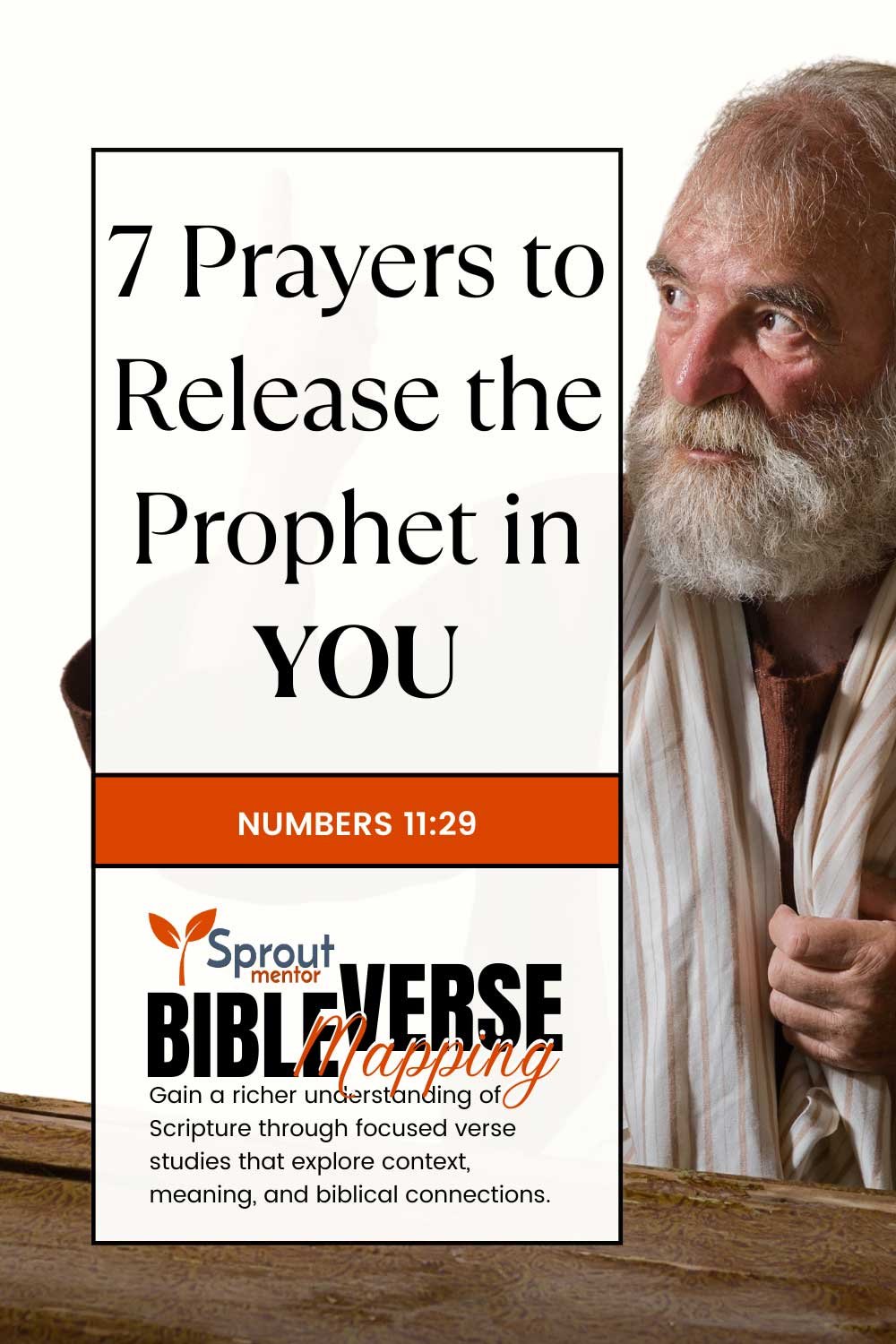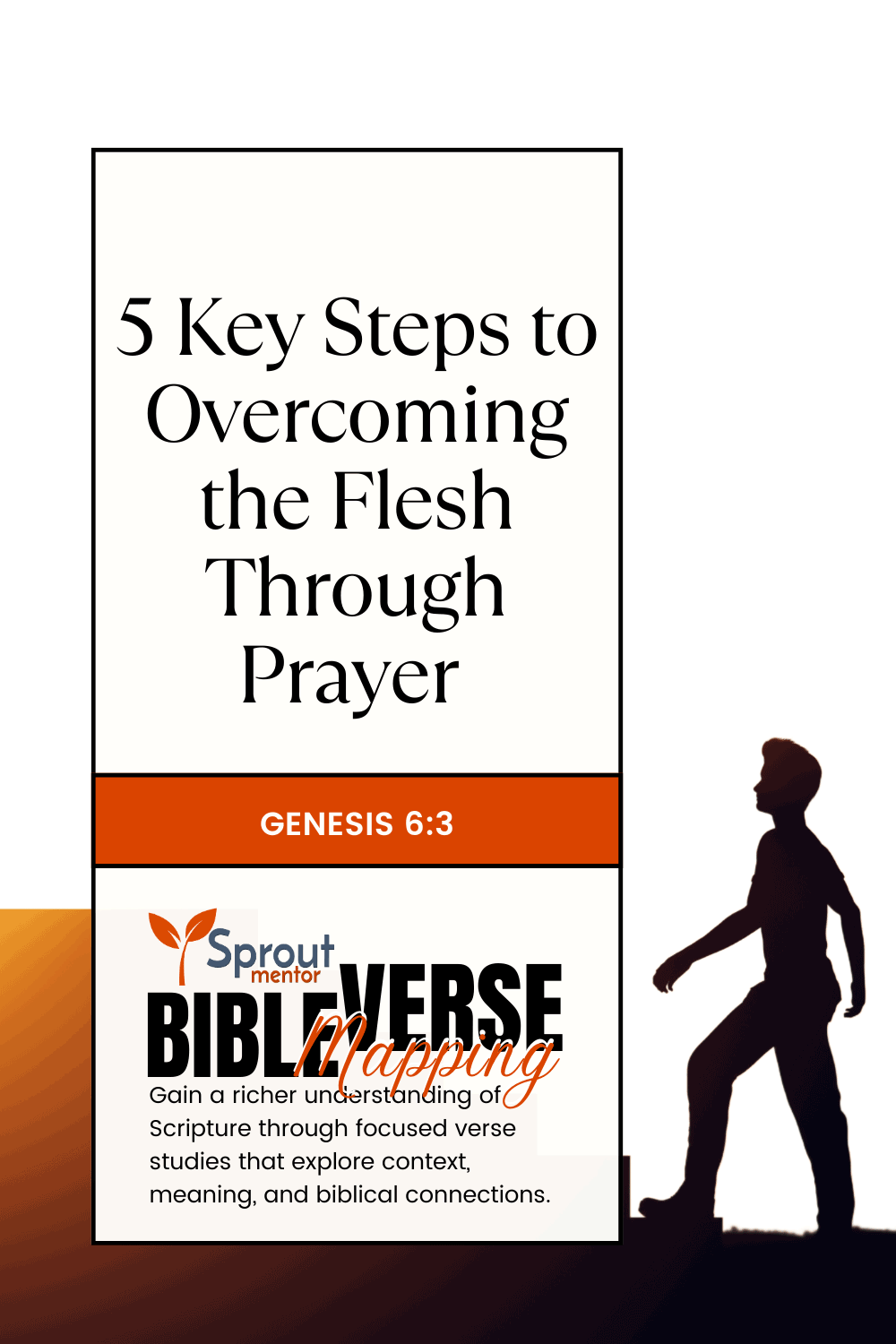5 Prayers God Will Answer Immediately (Isaiah 65:24)

Share This Blog Post On:
Short on time, but big on faith? We break down complex topics into easy-to-understand chunks, making the Bible accessible to everyone. Join us for answers to your Bible questions and encouragement for your daily walk with God. Click here to grow your faith, one byte at a time!
“And it shall come to pass, that before they call, I will answer; and while they are yet speaking, I will hear” – Isaiah 65:24 (KJV)
Not all prayers are equal. Some prayers have a unique ability to capture God’s immediate attention, moving His heart to swift action. Today, we’ll explore five types of prayers that can trigger an instantaneous divine response.
Prayer One: Faith-Filled
Faith is the currency of heaven. It’s the spiritual force that transforms potential into reality, turning God’s promises from theoretical to tangible. The woman with the issue of blood in Mark 5:25-34 believed that just touching Jesus’ garment would bring healing. Jesus affirmed her faith, declaring, “Daughter, thy faith hath made thee whole” (Mark 5:34).
This woman exemplifies faith that “hacks” spiritual protocols. Despite not being in the original “healing program,” because Jesus was going to heal Jairus daughter, not her, the big faith she had drew divine power. This demonstrates that faith can interrupt, redirect, and accelerate spiritual outcomes.
God is not just moved by our requests, but by the faith accompanying those requests. Hebrews 11:6 reminds us, “But without faith it is impossible to please him: for he that cometh to God must believe that he is, and that he is a rewarder of them that diligently seek him.”
When you pray with unwavering faith, you’re essentially creating a spiritual atmosphere that invites God’s immediate intervention. Your faith becomes a magnet that pulls heaven’s resources into your earthly situation.
Prayer Two: Word-Rooted
God is fundamentally committed to His Word. Psalms 138:2 declares that He has “magnified thy word above all thy name” – meaning His Word carries even more weight than His own reputation. When your prayers are anchored in Scripture, you’re essentially speaking God’s own language and reminding Him of His personal commitments.
Jesus demonstrated this principle throughout His ministry. Every miracle, every deliverance was rooted in His understanding and declaration of God’s Word. He didn’t just pray; He proclaimed promises, and heaven responded immediately(Matthew 4).
Praying scripturally means transforming biblical promises from historical text into present-day declarations. For instance, when you pray using promises like “I can do all things through Christ which strengtheneth me” (Philippians 4:13), you’re not just reciting words, but activating a covenant agreement.
Prayer Three: Time-Right
Not all prayers are timely, but time-right prayers carry extraordinary power. Psalms 103:13 speaks of a “set time” to favor God’s people, indicating that spiritual breakthrough is often connected to divine timing.
The sons of Issachar in 1 Chronicles 12:32 were renowned for understanding “the times and what Israel should do” – a prophetic insight that made them strategic in God’s kingdom purposes. Similarly, effective prayer requires spiritual discernment about God’s timing.
When you pray with time-consciousness, you’re not just presenting requests, but aligning with God’s predetermined moments of intervention.
Prayer Four: Sacrifice-Provoked
Spiritual breakthroughs are often preceded by sacrificial commitment. Psalm 50:5 speaks of those “who made a covenant with me by sacrifice” – suggesting that true prayer involves more than words; it requires personal investment.
Hannah’s story in 1 Samuel provides a powerful illustration. Her radical consecration – promising to dedicate her yet-unborn child to God’s service – moved heaven. Her sacrificial prayer didn’t just result in a child; it produced Samuel, a prophet who transformed Israel’s spiritual landscape.
Similarly, Solomon’s sacrificial offering at Gibeon invited an unprecedented divine dialogue. When he offered a thousand burnt offerings, God appeared to him, offering to grant any request (1 Kings 3:4-5). His sacrificial approach opened a direct communication channel with the Almighty.
Sacrificial prayer isn’t about manipulation but genuine surrender. It’s declaring that your priorities align with God’s purposes, making your requests an extension of His will.
Prayer Five: Surrender-Driven
The most powerful prayers often emerge from a place of complete surrender. Psalms 51:17 reveals that “the sacrifices of God are a broken spirit: a broken and a contrite heart” – suggesting that spiritual vulnerability trumps religious performance.
The disciples’ experience in Matthew 8:23-27 illustrates this principle dramatically. Facing a life-threatening storm, they initially relied on their own skills and strength. Only when they were utterly desperate did they awaken Jesus, discovering that His peace could instantly calm their chaos.
Surrender isn’t weakness; it’s strategic spiritual positioning. It’s acknowledging that your human strategies are insufficient and inviting divine intervention.
In conclusion, by cultivating faith, rooting our prayers in Scripture, understanding divine timing, offering sacrificial commitment, and maintaining a surrendered heart, we position ourselves to experience God’s immediate and transformative responses. Remember Isaiah 65:24 – God is not just willing to answer; He’s eager to respond even before we complete our request. Your next prayer could be the moment heaven breaks through. Pray boldly. Pray expectantly. Pray knowing that God is always listening.
Continue Reading More On The Prayer Guides Below:
|







